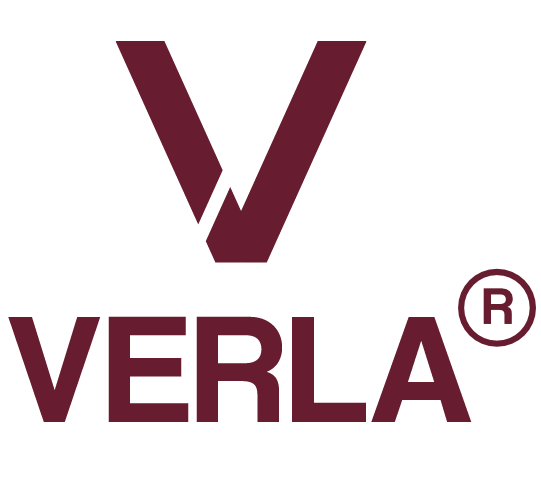A critical part of any expansion project is having the right people on the ground, whether relocating existing staff or hiring new local employees. Your employees must be properly registered to stay legally compliant in Indonesia.
In this article, we provide an overview of employer requirements and obligations in Indonesia and discuss Verla Services’ solutions to streamline the process.
Key Takeaways
-
In Indonesia, you can hire employees mainly by forming a legal entity or collaborating with a Professional Employment Organization (PEO).
-
Using the local language and currency in all formal documents is mandatory, ensuring compliance and clarity for Indonesian employees.
Two Options for Hiring Employees in Indonesia
1. Establishing a Legal Entity
Creating a local entity signals a long-term commitment to Indonesia. This can be done through a representative office or a private limited company. However, this process can take months and requires a minimum paid-up capital of IDR 10 billion.
A representative office is quicker and cheaper to establish but cannot engage in commercial activities like signing contracts or issuing invoices.
2. Partnering with a PEO
If you’re not ready to incorporate locally but need employees in Indonesia, a PEO can act as the Employer of Record (EoR). The PEO handles payroll, benefits, and compliance, ensuring your workforce is legally registered while you avoid the complexities of incorporation. Once you’re ready to formalize your operations, transitioning employees from the PEO to your registered entity is seamless.
What Foreign Businesses Should Know Before Hiring in Indonesia
1. Employment Law
Employment is primarily governed by Law No. 13 of 2003 on Manpower, with additional laws for foreign employees. Equal treatment applies to local and foreign workers, but employers must adhere to foreign worker-specific regulations.
2. Employment Contracts
- Definite-term contracts (Pekerja Waktu Tertentu): For seasonal or fixed-term projects, up to a maximum of five years.
- Indefinite-term contracts (Pekerja Waktu Tidak Tertentu): For permanent roles.
All contracts must be written in Indonesian, including employee information, salary, benefits, and work duration.
3. Hiring Practices
- Language: Contracts and formal documents must be in Indonesian for legal clarity.
- Currency: Salaries and bonuses should be denominated in Indonesian Rupiah.
4. Hiring Foreign Employees
Employers must submit a Foreign Worker Utilisation Plan (RPTKA) to the Ministry of Manpower, outlining job roles, contract lengths, and other details. Exemptions apply to specific cases, such as directors who are shareholders.
Employment Costs in Indonesia
Key expenses include:
- Recruitment and hiring management costs
- Direct compensation, payroll taxes, and bonuses
- Enrolment in Indonesia’s social security system (BPJS)
Additionally, Indonesian law mandates a 13th-month salary, or Tunjangan Hari Raya (THR), as a religious holiday bonus. Non-compliance can result in fines or business suspension.
How Verla Services Can Help
Verla Services provides comprehensive HR solutions for businesses expanding to Indonesia:
- PEO Services: Hire employees without incorporating locally. Verla is the Employer of Record, handling payroll, compliance, and benefits, saving you time and resources.
- Incorporation Assistance: When you’re ready to establish a legal entity, Verla’s experts can guide you through the process and facilitate the seamless transfer of employees from the PEO to your new company.
By partnering with Verla Services, you gain localized expertise and assurance of compliance with Indonesia’s dynamic labor laws.
Contact Verla Services today for tailored advice on your expansion strategy. Whether you’re exploring incorporation or PEO solutions, our team ensures a smooth transition into the Indonesian market.




